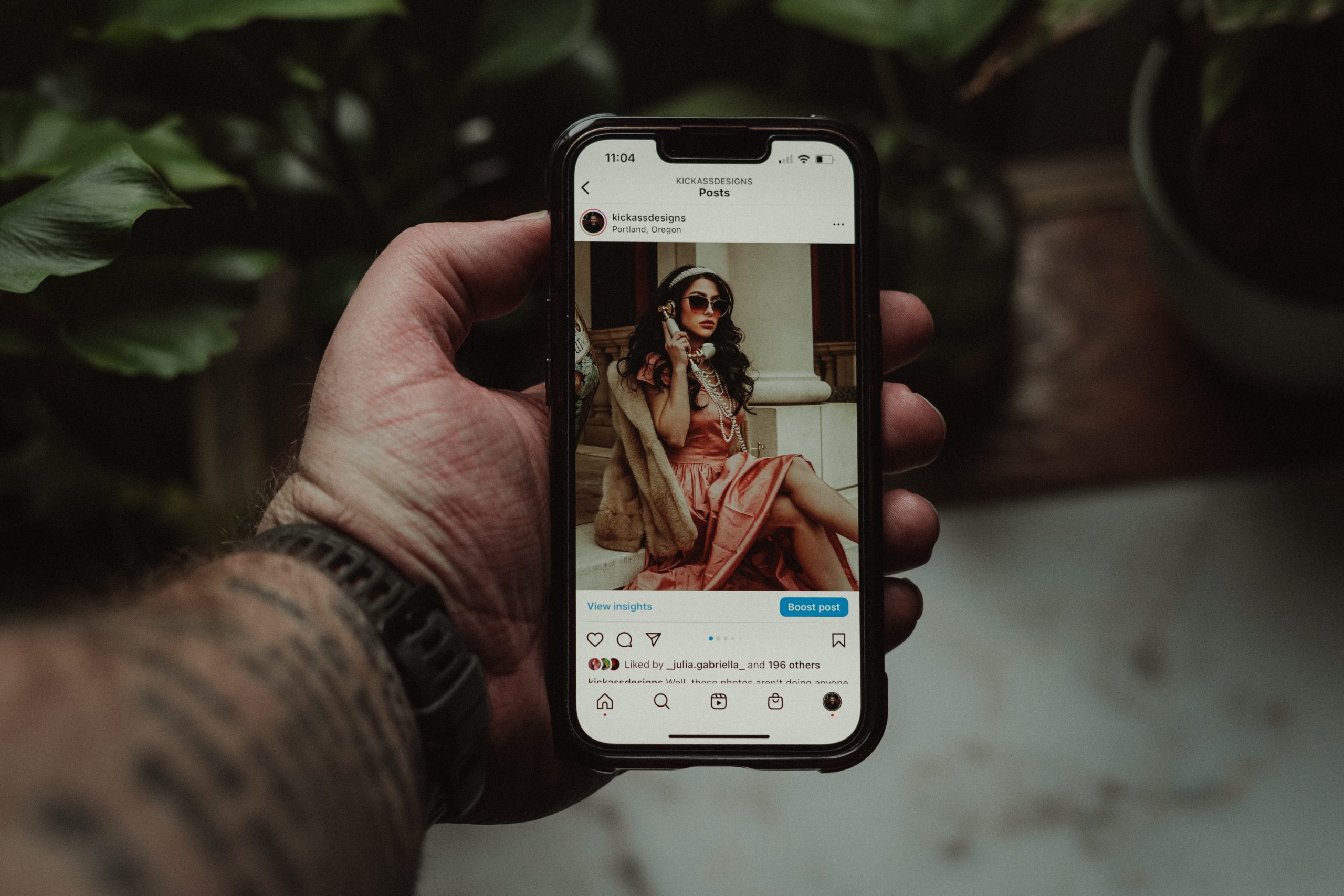Parasocial interactions have always been a part of human life. We closely follow the comings and goings of the aristocracy of history, and cry over the breakup of a band. Never before however have we had so much access to the lives of the “celebrities” we chose to follow. Are we replacing real human connections with Parasocial Relationships?
What are Parasocial Relationships?
Parasocial interactions are defined as an experience we have as an “audience” member consuming media, where we feel a particularly close connection to the person we’re observing. Repeated parasocial interactions can result in full Parasocial Relationships. This is a one-sided relationship someone forms with a celebrity (or general public figure), where they feel they have an intimate relationship with the figure. However, they don’t know them personally.
People have always loved following the lives of those we can call celebrities. The general public had great fun reading about the affairs, squabbles and dramatics of King Louis XIV’s court in the 18th Century, the details collected in diaries and published. Stephen G. Clow published the first gossip magazine in the US in the early 20th Century to fulfil the public appetite for insider info on high society. The style exploded in popularity throughout the century and spread all over the world. Legions of female fans pushed The Beatles wild fame in the 1960s. They bought all their albums, all their merchandise, and went to every concert. Some even went so far as to attempt hotel room break-ins.
Parasocial Relationships, however, go beyond just being a fan. We seek to know everything about our chosen famous person. Big life events like marriages and births thrill us, but so do ultra mundane manicure routines or what they like on their toast. Consciously or not, the more we know about someone, the closer to them we feel, despite them being clueless about us. We create friendship without fulfilment. To reap the benefits of a real friendship we need two-way exchanges and interactions; for each person to take an interest in the other’s life.

Why is it a problem now?
Pre-internet we could follow celebrities with TV, magazines, radio, etc., but we were always a step removed. It was easier to strike a balance between them and reality. They didn’t have the near-constant availability that social media has provided them with. With a combo of vlogging, streaming, photos, etc., they display themselves however they can. Not only that, but their constant presence has intermingled on social media platforms we previously reserved for friends and family. Their posts nestle between and even taking priority over those of people we actually know. They’re designed to be more appealing to us. A friend, but more attractive, wealthy and interesting . This ups their fame and allows them to influence what we buy, who we vote for and how we behave.
But this system can also be very damaging to the famous figure presenting themselves. Not only can they show us their every movement, from getting up in the morning to going to bed at night, but it’s often demanded of them. That demand can come from the avid fans, baying for every juicy detail they can get, because if the celebrity presents themselves as their friend, why shouldn’t they know everything? Why aren’t they allowed into their home? Be allowed to overstep boundaries that social media has blurred? The demand can also come financially from ad revenue: higher engagement gets better sponsorship deals; stories of mental health struggles sell therapy apps; gym routines sell workout gear. It’s their job to present intimacy to advertise, but the life they show is unlikely to reflect reality.

What can we do about it?
We need to seek ways to reintroduce barriers between real and parasocial interactions, and prioritise authentic friendships. LifeBonder’s Next Gen social media network has removed the aspects of social media that can create damaging Parasocial Relationships. The app seeks to link the user to others with similar interests and desires, connecting real people with the purpose of meeting and forming meaningful, fulfilling relationships, in person and offline. The app has no feed on which to post to the public and scroll compulsively, nor space for advertisers to work through celebrities and influence you. Only those people selected by the app can access you, making a space exclusively for actual connections. Parasocial interactions are just a part of human life, and can be a positive and fun one, but we need to make sure they’re not negatively impacting us.


